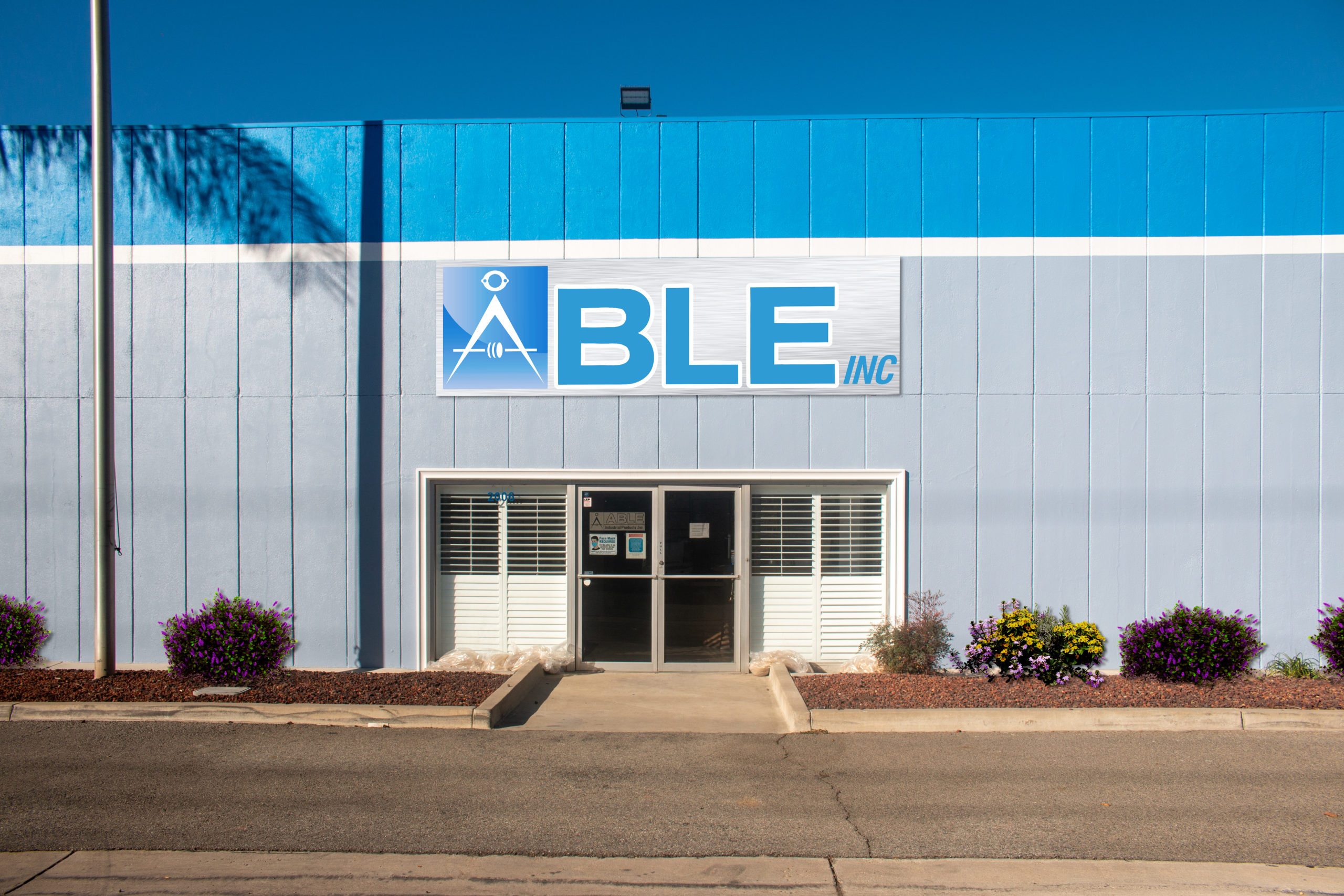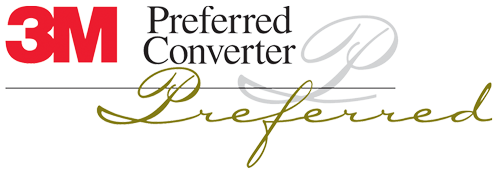An ISO-Certified Converting Company: ABLE QMS Certifications

The overall quality and customer satisfaction are extremely critical in the manufacturing industry. It’s particularly essential for companies that manufacture complex products such as vehicles or medical devices. For instance, vehicle manufacturers in the United States have established their own quality standards for third-party suppliers. On the other hand, the converting industry has experienced undeniable technological, economic, and societal benefits as a result of standardization. To become an ISO-certified converting company, converting companies need to be considered truly standardized. But how can they achieve this, let’s find out!!
What Is an ISO-Certified Converting Company?
The International Organization for Standardization (ISO) standards enable converters to continually measure, evaluate, and improve the systems that ensure product quality and reliability. An ISO-certified converting company has verified that its products always fit together properly, function accurately, and meet customer expectations. The purpose of standardization is to streamline production in varying industries, ensure the consistency and safety of products, and the promotion of global collaboration and compatibility.
An ISO-certified converting company will also follow world-class specifications in the production line when servicing clients and during the development of policy. This converting company will be able to procure resources and do business internationally, meanwhile promoting industry-leading quality with an emphasis on safety and efficiency. Here are the benefits of an ISO-certified converting organization:
- Product standardization has been helpful in breaking down trade barriers and allowing converting companies to enter global markets.
- Standardization empowers the consumers to be hands-on in researching converting companies and choosing quality products and services.
- Opting for ISO certification means that a converting company is willing and able to become an industry leader. Some converting companies are also eligible to contribute to the standards development process.
- ISO certification can qualify a converting company to streamline their productivity, positively enhance their resource procurement, and grow internationally.
ISO Certified: ABLE Quality Management System Certifications
At ABLE, we believe that quality is more than doing a good job for our clients. Using a Quality Management System (QMS) means we set high standards for ourselves when it comes to products and services, and we consistently reach them. As an ISO-certified converting company, ABLE takes pride in our quality management system certifications, because they inspire confidence in what we can do for our clients. Here are the benefits of implementing Quality Management System certifications:
- Establishes Operational Consistency
Operational consistency is a critical component of Quality Management Systems. Implementing a QMS requires converting companies to define and describe the best practices for all business responsibilities, from quality control to management review. As an ISO-certified company, creating standard operating procedures (SOPs), and a prescribed series of checks and balances minimizes the risks of nonconformances and maximizes organizational efficiency. QMS implementation also helps converting companies to achieve stability in project activity and aligns efforts toward the production of quality products and services which meet customer expectations. Operational consistency can provide other measurable benefits such as fewer customer complaints, superior forecasting ability, and many more.
- Helps Increased Profits
Many organizations achieve a direct financial return on Quality Management System implementation and ISO certification. Adopting a QMS can maximize internal efficiency and create a reliable baseline as the converting company’s product approaches market approval. Quality Management systems can improve efficiency by preventing problems throughout the product lifecycle by providing tools to identify issues before they result in rework, waste, or nonconformances. This can result in better profitability and stability. Remarkable benefits of QMS for converting companies also include.
- Internal benefits such as amplified efficiency and productivity lower costs
- External benefits such as improved sales or new market access impact income
- Signaling benefits include new market access or increased market share
- Provides Continuous Improvement
What is meant by ISO-certified? Continuous improvement is one of the primary principles of ISO 9001 and other quality management systems. ISO stated that continual improvement should be a permanent objective of the organization. Converting companies should follow the principle of continuous improvement to achieve better strategic leadership, stronger company performance, and consistent employee engagement. Continuous improvement should also be a primary objective for converting companies to adopt the principles of gradual improvement and breakthrough development. SOPs should support the use of regular assessments and audits against the QMS framework to ensure progress toward standards. With QMS, converting companies can also create a culture of constant problem-solving and innovation.
- Offers Evidence-Based Decision Making
One area where QMS should encourage flexibility is the adoption of evidence-based decision-making based on real-time oversight of systems and data. That is why ISO certification is important to converting companies. The concept of evidence-based decision-making involves the use of data gathered through various monitoring and measurement methods. For converting companies, the data is compared to the desired possible outcomes and organizational quality objectives. On the other hand, the real-time use of data and metrics can provide an objective understanding of whether a process is successful or requires any corrections. It can also facilitate continuous improvement toward strategic goals. Moreover, evidence-based decision-making can benefit converting companies by removing subjectivity from leadership.
Earning an ISO certification requires a lot of time, money, and effort. Although the process can be daunting and challenging, the rewards for gaining this honor are virtually immeasurable. That’s why ABLE takes pride in our quality management system certifications. Do you want to know more about our ISO certifications and how we can help your company with your converting needs? Request a quote now!
References:
https:// blog.swantonweld.com/why-iso-certification-is-important
https:// reciprocity.com/the-importance-of-iso-certification-in-manufacturing/
https:// www.thefabricator.com/thefabricator/article/shopmanagement/why-manufacturers-should-get-iso-certified






